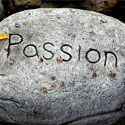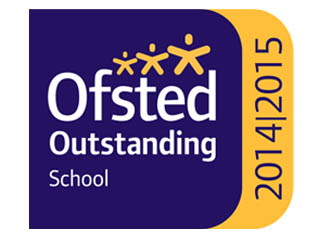Vision
At St Matthew's C.E. Primary School, we acknowledge and celebrate our children's heritage. Through becoming more open about our own experiences and literacy practices, we hope to build more reciprocal relationships and find out more about our children's individual passions, preferences, interests and practices both within and beyond school.
'This approach acknowledges how every home brings with it identities, dispositions, stories, objects, artefacts, memories, languages and resources. This implies a wealth model of literacy by which families' cultural capital can be drawn upon when planning...' Pahl and Rowsell, 2005:54
We believe that through creating a more responsive and flexible curricular, we will enable children to draw on their 'funds of knowledge' in school, thus promoting increased engagement and motivation. We hope children will show more independence and commitment as learners and lead the learning with their questions and interests.
Should you require any further information about our curriculum, please contact the school, via phone or email and they will put you in touch with our Curriculum Lead.
Overall Aims:
o To link children's home and school literacies - developing 'two-way traffic' to recognise and celebrate the 'funds of knowledge' within families
o To engage with practical ideas which build on children's 'funds of knowledge' in the classroom. This includes embracing and expanding our understanding of literacy in the 21st century, including children's digital competencies.
o To provide a range of approaches which might be used to develop teaching repertoires in order to support diverse learners to make progress.
o To provide opportunities for the children to make links in their learning, across the curriculum. (Building Communities, Researching Literacy Lives, 2010, UKLA)

Our Lives and Families.
This theme sets the scene for the rest of the 'Our' topic themes, throughout the year. It provides an opportunity for the teacher and child to engage on a personal level and share prior experiences of family, background and heritage.
The class teachers should think of the learners in their class and consider: Who they are at home and at school? What are their 'literacy' experiences? What roles do they play at home and at school?
It is also an opportunity for the teacher to share their home, school and family life with the children, giving their pupils someone to identify with. This could be shared through photographs, artifacts or conversations.

Our Community.
This provides an opportunity to extend the learning into our local area of Nechells and wider Birmingham. It places the children at the centre and examines changes that have taken place to the people and areas that they live in.

Our World.
This theme provides an opportunity for the children to do an in-depth study of the people, places and contrasts of one of the continents of the world.
It offers the opportunity for teachers to share their stories of belonging, migration and heritage. It also means that children and parents can engage, re-visit and share their culture and identity.
This theme culminates in a whole school presentation of artwork, inspired by research undertaken.

Our Passions.
This theme provides the framework for the study of particular famous historical people, who have been passionate in various ways.
It also provides an opportunity for the teacher to plan to share the things that they are passionate about, as well finding out what the children love.
All year groups have an author focus. The premise is that authors are passionate about writing. This provides an opportunity to find out about the author's life, history and introduce them to the books the author has written. The author is the focus throughout the unit, so it provides a range of literacy opportunities, using their texts (both fiction and non-fiction). The class teacher can also plan opportunities to read aloud and to read for pleasure.

Our Global Village.
The term "Global Village" is mostly used to describe the Internet and World Wide Web. On the Internet, physical distance is even less of a hindrance to the real-time communicative activities of people. Therefore, this technology fosters the idea of society as different parts grouped together to form a whole - a unified global community. This enhanced speed of communication online and the ability of people to read about, spread, and react to global news very rapidly, forces us to become more involved with one another from countries around the world and be more aware of our local, national and global responsibilities.
This theme is about sustainability and the environmental issues that we face, as citizens of a global world. Teachers should share with the children what they personally do to secure the global village. Teachers should try to ensure that this topic is current in terms of both local and national issues/debates, as well as what is relevant to the children at a local level.

Our Future.
This theme is about looking ahead and thinking about what we can do to positively affect our own/others futures. Often, this will mean having to look at the past, both historically and socially, examining what has happened and seeing what we can do to build on this. The hope is that we can help to create new and exciting futures for ourselves and others.

 The new national curriculum in English Primary
schools - Parent Guide
The new national curriculum in English Primary
schools - Parent Guide 